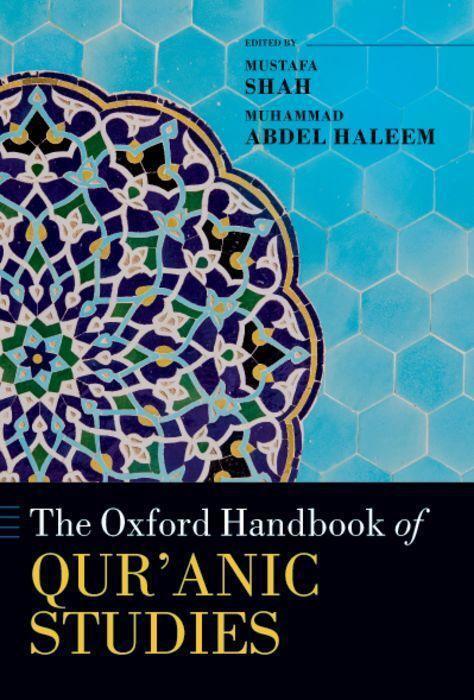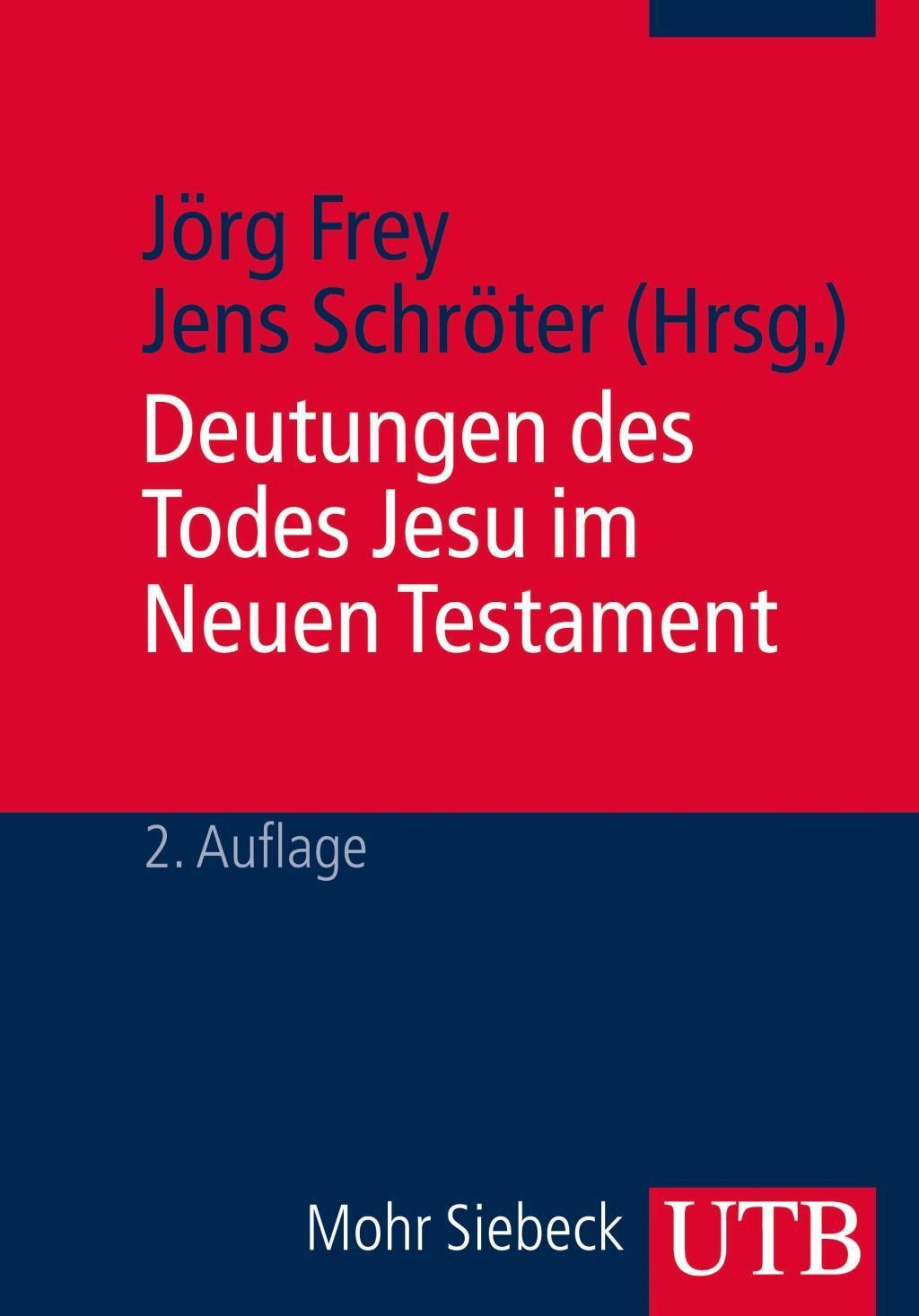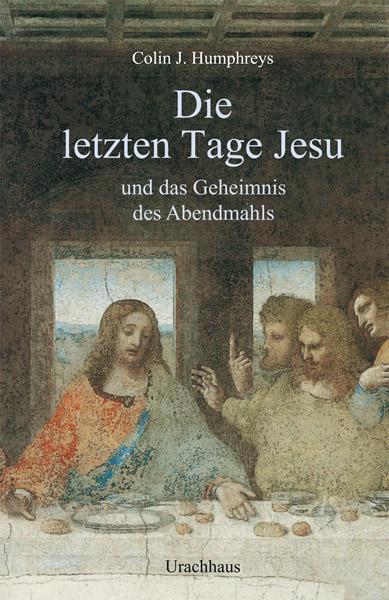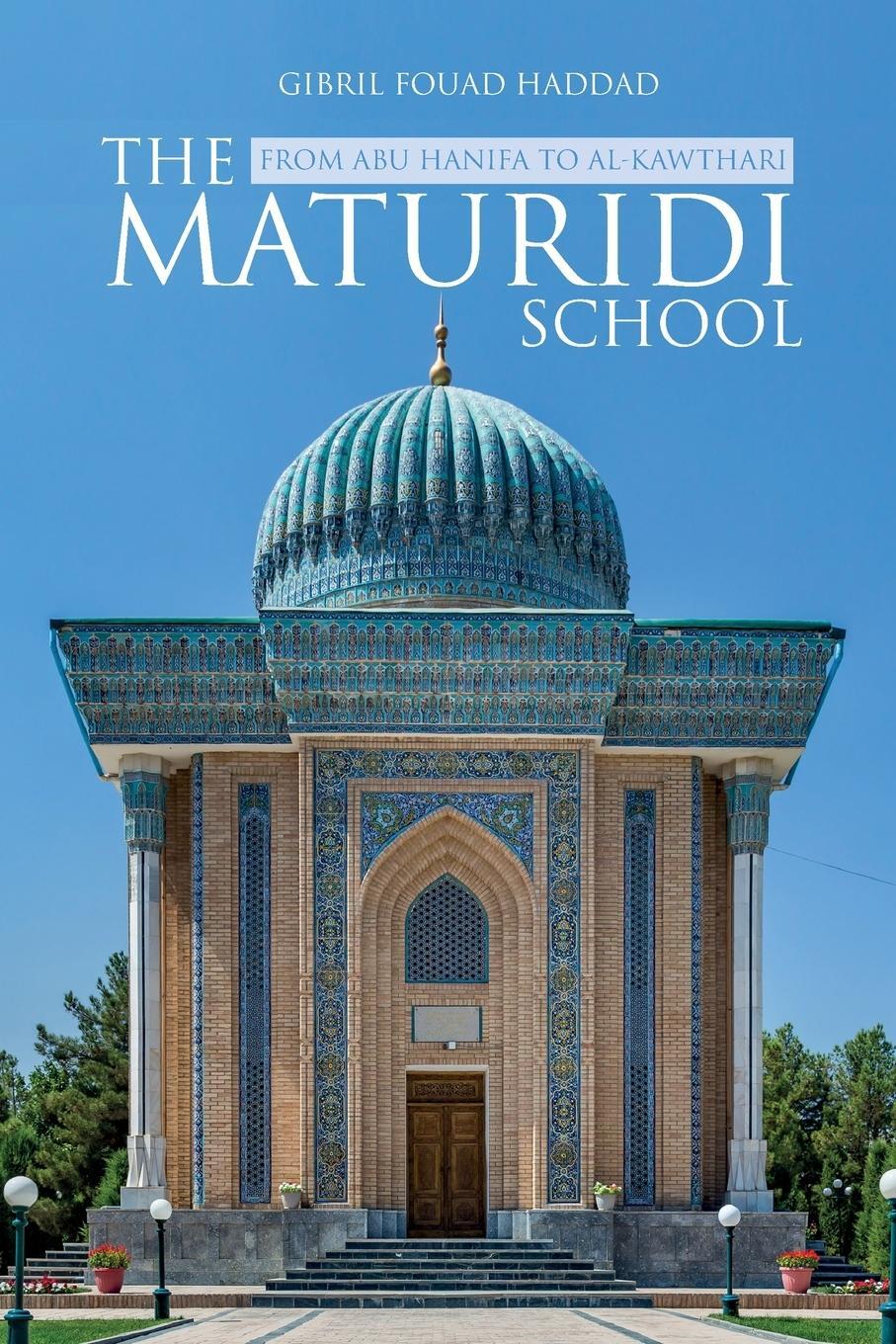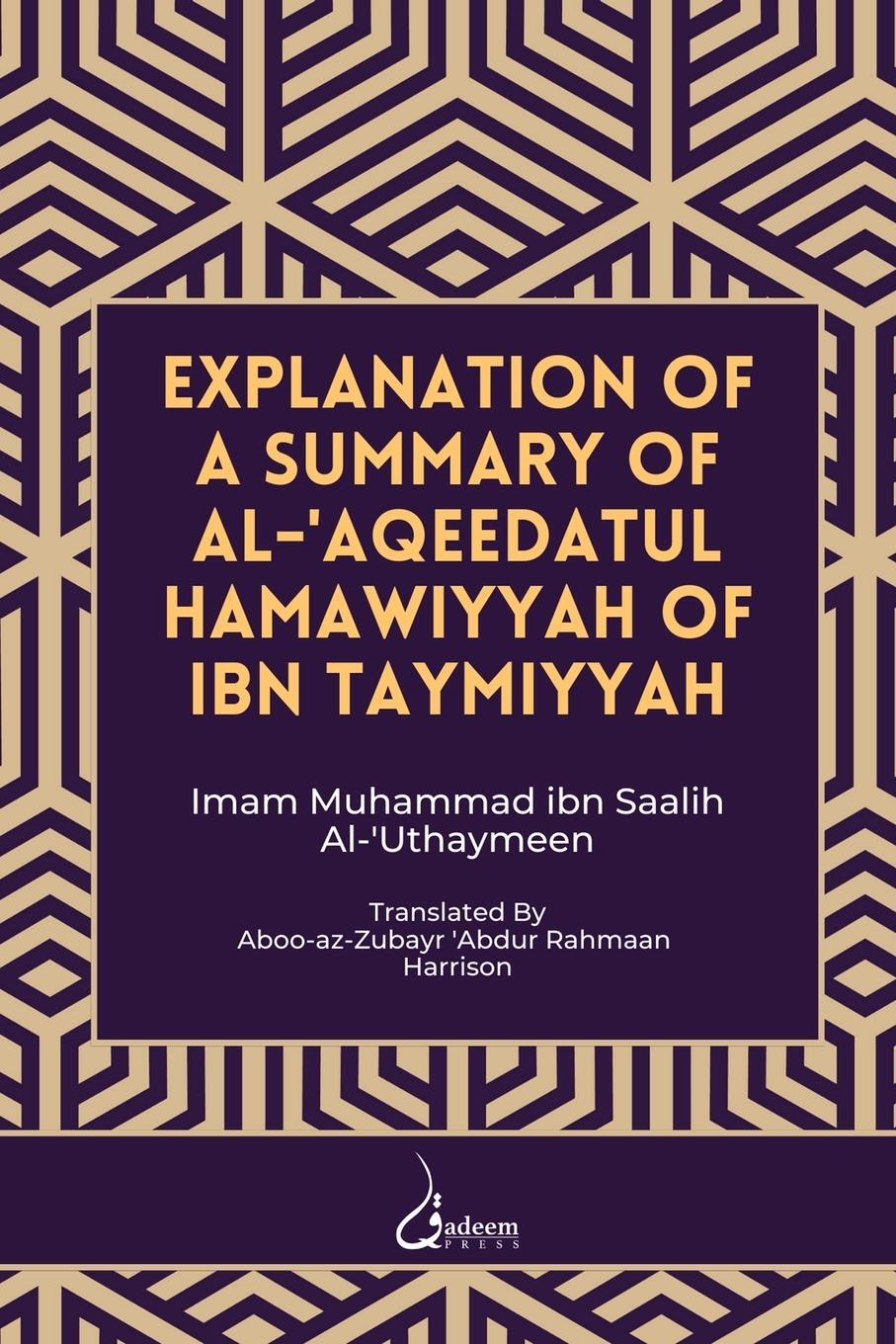Dekorationsartikel gehören nicht zum Leistungsumfang.
Sprache:
Englisch
55,00 €*
Versandkostenfrei per Post / DHL
Aktuell nicht verfügbar
Kategorien:
Beschreibung
The Handbook considers the state of Qur'anic studies; historical setting; textual transmission and codification; structural and literary features; content and concepts; applied discourses; and Qur'anic interpretation.
The Handbook considers the state of Qur'anic studies; historical setting; textual transmission and codification; structural and literary features; content and concepts; applied discourses; and Qur'anic interpretation.
Über den Autor
Mustafa Shah studied for his BA in Arabic with Linguistics at SOAS. He later completed his PhD in Islamic Studies with a thesis entitled Religious Orthodoxy and the Development of Arabic Linguistic Thought in 1997. He was appointed a lecturer in Islamic Studies at SOAS in 2002, having previously taught in the Department of Religions and the Near and Middle East Department. He is the editor of Tafs¿r: Interpreting the Qur'an (Routledge, 2012) and The Had¿¿th: Articulating the Beliefs and Constructs of Classical Islam (Routledge, 2009).
Muhammad Abdel Haleem was born in Egypt, and learned the Qur'an by heart from childhood. Educated at al-Azhar, Cairo, and Cambridge Universities, he has taught Arabic and Islamic Studies at Cambridge and London Universities since 1966, including courses in advanced translation and the Qur'an. He is now Professor of Islamic Studies at the School of Oriental and African Studies, University of London. His publications include Understanding the Qur'an: Themes and Style (I. B. Tauris, 2010) and Shar¿¿a and the Concept of Benefit: The Use and Function of Mas¿lah¿a in Islamic Jurisprudence (I. B. Tauris, 2015).
Muhammad Abdel Haleem was born in Egypt, and learned the Qur'an by heart from childhood. Educated at al-Azhar, Cairo, and Cambridge Universities, he has taught Arabic and Islamic Studies at Cambridge and London Universities since 1966, including courses in advanced translation and the Qur'an. He is now Professor of Islamic Studies at the School of Oriental and African Studies, University of London. His publications include Understanding the Qur'an: Themes and Style (I. B. Tauris, 2010) and Shar¿¿a and the Concept of Benefit: The Use and Function of Mas¿lah¿a in Islamic Jurisprudence (I. B. Tauris, 2015).
Inhaltsverzeichnis
- Introduction
- Part I: The State of Qur'anic Studies
- 1: Andrew Rippin: Academic Scholarship and the Qur'an
- 2: Oliver Leaman: Modern Developments in Qur'anic Studies
- 3: Herbert Berg: Islamic Origins and the Qur'an
- 4: Anna Akasoy: Qur'anic Studies: Bibliographical Survey
- Part II: The Historical Setting of the Qur'an
- 5: Muntasir F. al-Hamad and John F. Healey: Late Antique Near Eastern Context: Social and Religious Aspects
- 6: Harry Munt: Arabian Context of the Qur'an: History and the Text
- 7: Ahmad Al-Jallad: The Linguistic Landscape of pre-Islamic Arabia: Context for the Qur'an
- 8: Marianna Klar: Qur'anic Exempla and Late Antique Narratives
- 9: Reuven Firestone: The Qur'an and Judaism
- 10: Neal Robinson: The Qur'an and Christianity
- Part III: The Qur'an: Textual Transmission, Codification, Manuscripts, Inscriptions and Printed Editions
- 11: François Déroche: The Manuscript and Archaeological Traditions: Physical Evidence
- 12: Yasin Dutton: The Form of the Qur'an: Historical Contours
- 13: Mustafa Shah: The Corpus of Qur'anic Readings (qir¿¿¿t): History, Synthesis and Authentication
- 14: Sheila S. Blair: Glorifying God's Word: Manuscripts of the Qur'an
- 15: Sheila S. Blair: Inscribing God's Word: Qur'anic Texts on Architecture, Objects, and Other Solid Supports
- 16: Efim A. Rezvan: A History of Printed Editions of the Qur'an
- Part IV: Structural and Literary Dimensions of the Qur'an
- 17: A. H. Mathias Zahniser: Language of the Qur'an
- 18: Mustafa Shah: Vocabulary of the Qur'an: Meaning in Context
- 19: Michel Cuypers: Qur'anic Syntax
- 20: Muhammad Abdel Haleem: Rhetorical Devices and Stylistic Features of Qur'anic Grammar
- 21: Nicolai Sinai: Inner-Qur'anic Chronology
- 22: Mustansir Mir: The Structure of the Qur'an: The Inner Dynamic of the Sura
- 23: Ayman A. El-Desouky: Discussions of Qur'anic Inimitability: The Theological Nexus
- 24: Geert Jan van Gelder: The Qur'an and the Arabic Medieval Literary Tradition
- 25: Stefan Sperl: The Qur'an and Arabic Poetry
- Part V: Topics and Themes of the Qur'an
- 26: Ulrika Mårtensson: Revelation and Prophecy in the Qur'an
- 27: Stephen Burge: Doctrine and Dogma in the Qur'an
- 28: Joseph Lowry: Law and the Qur'an
- 29: Ebrahim Moosa: Qur'anic Ethics
- 30: Sebastian Günther: Eschatology and the Qur'an
- 31: Anthony H. Johns: Prophets and Personalities of the Qur'an
- 32: Stefan Wild: Politics and the Qur'an
- 33: Asma Afsaruddin: Jihad and the Qur'an: Classical and Modern Interpretations
- 34: Asma Afsaruddin: Women and the Qur'an
- Part VI: The Qur an in Context: Translation and Culture
- 35: Ziad Elmarsafy: Translations of the Qur'an: Western Languages
- 36: M. Brett Wilson: Translations of the Qur'an: Islamicate Languages
- 37: Muhammad Abdel Haleem: Presenting the Qur'an Out of Context
- 38: Bruce Lawrence: Popular Culture and the Qur'an: Classical and Modern Contexts
- 39: Jeffrey Einboden: The Western Literary Tradition and the Qur'an: an Overview
- Part VII: Qur anic Interpretation: Scholarship and Literature of Early, Classical, and Modern Exegesis
- 40: Andrew Rippin: Early Qur'anic Commentaries
- 41: Maher Jarrar: Exegetical Designs of the S¿ra: Tafs¿r and S¿ra
- 42: Kees Versteegh: Early Qur'anic Exegesis: From Textual Interpretation to Linguistic Analysis
- 43: Ulrika Mårtensson: Early Medieval Tafs¿r (Third/Ninth to the Fifth/Eleventh Century)
- 44: Walid A. Saleh: Medieval Exegesis: The Golden Age of Tafs¿r
- 45: Roberto Tottoli: The Corpora of Isr¿¿¿liyy¿t
- 46: Walid A. Saleh: Contemporary Tafs¿r: The Rise of Scriptural Theology
- Part VIII: Qur anic Exegesis: Discourses, Formats, and Hermeneutics
- 47: Sajjad Rizvi: Twelver Sh¿¿¿ Exegesis
- 48: Ismail Poonawala: Ism¿¿¿l¿ Scholarship on Tafs¿r
- 49: Valerie J. Hoffman and Sulaiman bin Ali bin Ameir Al-Shueili: Ib¿d¿¿ Tafs¿r Literature
- 50: Alexander Knysh: Sufi Commentary: Formative and Later Periods
- 51: Tariq Jaffer: Theological Commentaries
- 52: Jules Janssens: Philosophical Commentaries
- 53: Kamal Abu-Deeb: Aesthetically Oriented Interpretations of the Qur'an
- 54: Robert Morrison: Tafs¿r and Science
- 55: Johanna Pink: Classical Qur'anic Hermeneutics
- 56: Martin Nguyen: Sunn¿ Hermeneutical Literature
- 57: Massimo Campinini: Modern Qur'anic Hermeneutics: Strategies and Development
- Index of Qur'an Verses
- Index of Bible References
- Index of Hadith Citations
- Index of Places
- Index of People
Details
| Erscheinungsjahr: | 2024 |
|---|---|
| Genre: | Religion & Theologie |
| Religion: | Nichtchristliche Religionen |
| Rubrik: | Geisteswissenschaften |
| Medium: | Taschenbuch |
| Seiten: | 944 |
| ISBN-13: | 9780198896203 |
| ISBN-10: | 0198896204 |
| Sprache: | Englisch |
| Einband: | Kartoniert / Broschiert |
| Autor: |
Shah, Mustafa
Haleem, Muhammad Abdel |
| Hersteller: | Oxford University Press, USA |
| Maße: | 239 x 183 x 81 mm |
| Von/Mit: | Mustafa Shah (u. a.) |
| Erscheinungsdatum: | 07.03.2024 |
| Gewicht: | 1,814 kg |
Über den Autor
Mustafa Shah studied for his BA in Arabic with Linguistics at SOAS. He later completed his PhD in Islamic Studies with a thesis entitled Religious Orthodoxy and the Development of Arabic Linguistic Thought in 1997. He was appointed a lecturer in Islamic Studies at SOAS in 2002, having previously taught in the Department of Religions and the Near and Middle East Department. He is the editor of Tafs¿r: Interpreting the Qur'an (Routledge, 2012) and The Had¿¿th: Articulating the Beliefs and Constructs of Classical Islam (Routledge, 2009).
Muhammad Abdel Haleem was born in Egypt, and learned the Qur'an by heart from childhood. Educated at al-Azhar, Cairo, and Cambridge Universities, he has taught Arabic and Islamic Studies at Cambridge and London Universities since 1966, including courses in advanced translation and the Qur'an. He is now Professor of Islamic Studies at the School of Oriental and African Studies, University of London. His publications include Understanding the Qur'an: Themes and Style (I. B. Tauris, 2010) and Shar¿¿a and the Concept of Benefit: The Use and Function of Mas¿lah¿a in Islamic Jurisprudence (I. B. Tauris, 2015).
Muhammad Abdel Haleem was born in Egypt, and learned the Qur'an by heart from childhood. Educated at al-Azhar, Cairo, and Cambridge Universities, he has taught Arabic and Islamic Studies at Cambridge and London Universities since 1966, including courses in advanced translation and the Qur'an. He is now Professor of Islamic Studies at the School of Oriental and African Studies, University of London. His publications include Understanding the Qur'an: Themes and Style (I. B. Tauris, 2010) and Shar¿¿a and the Concept of Benefit: The Use and Function of Mas¿lah¿a in Islamic Jurisprudence (I. B. Tauris, 2015).
Inhaltsverzeichnis
- Introduction
- Part I: The State of Qur'anic Studies
- 1: Andrew Rippin: Academic Scholarship and the Qur'an
- 2: Oliver Leaman: Modern Developments in Qur'anic Studies
- 3: Herbert Berg: Islamic Origins and the Qur'an
- 4: Anna Akasoy: Qur'anic Studies: Bibliographical Survey
- Part II: The Historical Setting of the Qur'an
- 5: Muntasir F. al-Hamad and John F. Healey: Late Antique Near Eastern Context: Social and Religious Aspects
- 6: Harry Munt: Arabian Context of the Qur'an: History and the Text
- 7: Ahmad Al-Jallad: The Linguistic Landscape of pre-Islamic Arabia: Context for the Qur'an
- 8: Marianna Klar: Qur'anic Exempla and Late Antique Narratives
- 9: Reuven Firestone: The Qur'an and Judaism
- 10: Neal Robinson: The Qur'an and Christianity
- Part III: The Qur'an: Textual Transmission, Codification, Manuscripts, Inscriptions and Printed Editions
- 11: François Déroche: The Manuscript and Archaeological Traditions: Physical Evidence
- 12: Yasin Dutton: The Form of the Qur'an: Historical Contours
- 13: Mustafa Shah: The Corpus of Qur'anic Readings (qir¿¿¿t): History, Synthesis and Authentication
- 14: Sheila S. Blair: Glorifying God's Word: Manuscripts of the Qur'an
- 15: Sheila S. Blair: Inscribing God's Word: Qur'anic Texts on Architecture, Objects, and Other Solid Supports
- 16: Efim A. Rezvan: A History of Printed Editions of the Qur'an
- Part IV: Structural and Literary Dimensions of the Qur'an
- 17: A. H. Mathias Zahniser: Language of the Qur'an
- 18: Mustafa Shah: Vocabulary of the Qur'an: Meaning in Context
- 19: Michel Cuypers: Qur'anic Syntax
- 20: Muhammad Abdel Haleem: Rhetorical Devices and Stylistic Features of Qur'anic Grammar
- 21: Nicolai Sinai: Inner-Qur'anic Chronology
- 22: Mustansir Mir: The Structure of the Qur'an: The Inner Dynamic of the Sura
- 23: Ayman A. El-Desouky: Discussions of Qur'anic Inimitability: The Theological Nexus
- 24: Geert Jan van Gelder: The Qur'an and the Arabic Medieval Literary Tradition
- 25: Stefan Sperl: The Qur'an and Arabic Poetry
- Part V: Topics and Themes of the Qur'an
- 26: Ulrika Mårtensson: Revelation and Prophecy in the Qur'an
- 27: Stephen Burge: Doctrine and Dogma in the Qur'an
- 28: Joseph Lowry: Law and the Qur'an
- 29: Ebrahim Moosa: Qur'anic Ethics
- 30: Sebastian Günther: Eschatology and the Qur'an
- 31: Anthony H. Johns: Prophets and Personalities of the Qur'an
- 32: Stefan Wild: Politics and the Qur'an
- 33: Asma Afsaruddin: Jihad and the Qur'an: Classical and Modern Interpretations
- 34: Asma Afsaruddin: Women and the Qur'an
- Part VI: The Qur an in Context: Translation and Culture
- 35: Ziad Elmarsafy: Translations of the Qur'an: Western Languages
- 36: M. Brett Wilson: Translations of the Qur'an: Islamicate Languages
- 37: Muhammad Abdel Haleem: Presenting the Qur'an Out of Context
- 38: Bruce Lawrence: Popular Culture and the Qur'an: Classical and Modern Contexts
- 39: Jeffrey Einboden: The Western Literary Tradition and the Qur'an: an Overview
- Part VII: Qur anic Interpretation: Scholarship and Literature of Early, Classical, and Modern Exegesis
- 40: Andrew Rippin: Early Qur'anic Commentaries
- 41: Maher Jarrar: Exegetical Designs of the S¿ra: Tafs¿r and S¿ra
- 42: Kees Versteegh: Early Qur'anic Exegesis: From Textual Interpretation to Linguistic Analysis
- 43: Ulrika Mårtensson: Early Medieval Tafs¿r (Third/Ninth to the Fifth/Eleventh Century)
- 44: Walid A. Saleh: Medieval Exegesis: The Golden Age of Tafs¿r
- 45: Roberto Tottoli: The Corpora of Isr¿¿¿liyy¿t
- 46: Walid A. Saleh: Contemporary Tafs¿r: The Rise of Scriptural Theology
- Part VIII: Qur anic Exegesis: Discourses, Formats, and Hermeneutics
- 47: Sajjad Rizvi: Twelver Sh¿¿¿ Exegesis
- 48: Ismail Poonawala: Ism¿¿¿l¿ Scholarship on Tafs¿r
- 49: Valerie J. Hoffman and Sulaiman bin Ali bin Ameir Al-Shueili: Ib¿d¿¿ Tafs¿r Literature
- 50: Alexander Knysh: Sufi Commentary: Formative and Later Periods
- 51: Tariq Jaffer: Theological Commentaries
- 52: Jules Janssens: Philosophical Commentaries
- 53: Kamal Abu-Deeb: Aesthetically Oriented Interpretations of the Qur'an
- 54: Robert Morrison: Tafs¿r and Science
- 55: Johanna Pink: Classical Qur'anic Hermeneutics
- 56: Martin Nguyen: Sunn¿ Hermeneutical Literature
- 57: Massimo Campinini: Modern Qur'anic Hermeneutics: Strategies and Development
- Index of Qur'an Verses
- Index of Bible References
- Index of Hadith Citations
- Index of Places
- Index of People
Details
| Erscheinungsjahr: | 2024 |
|---|---|
| Genre: | Religion & Theologie |
| Religion: | Nichtchristliche Religionen |
| Rubrik: | Geisteswissenschaften |
| Medium: | Taschenbuch |
| Seiten: | 944 |
| ISBN-13: | 9780198896203 |
| ISBN-10: | 0198896204 |
| Sprache: | Englisch |
| Einband: | Kartoniert / Broschiert |
| Autor: |
Shah, Mustafa
Haleem, Muhammad Abdel |
| Hersteller: | Oxford University Press, USA |
| Maße: | 239 x 183 x 81 mm |
| Von/Mit: | Mustafa Shah (u. a.) |
| Erscheinungsdatum: | 07.03.2024 |
| Gewicht: | 1,814 kg |
Warnhinweis

